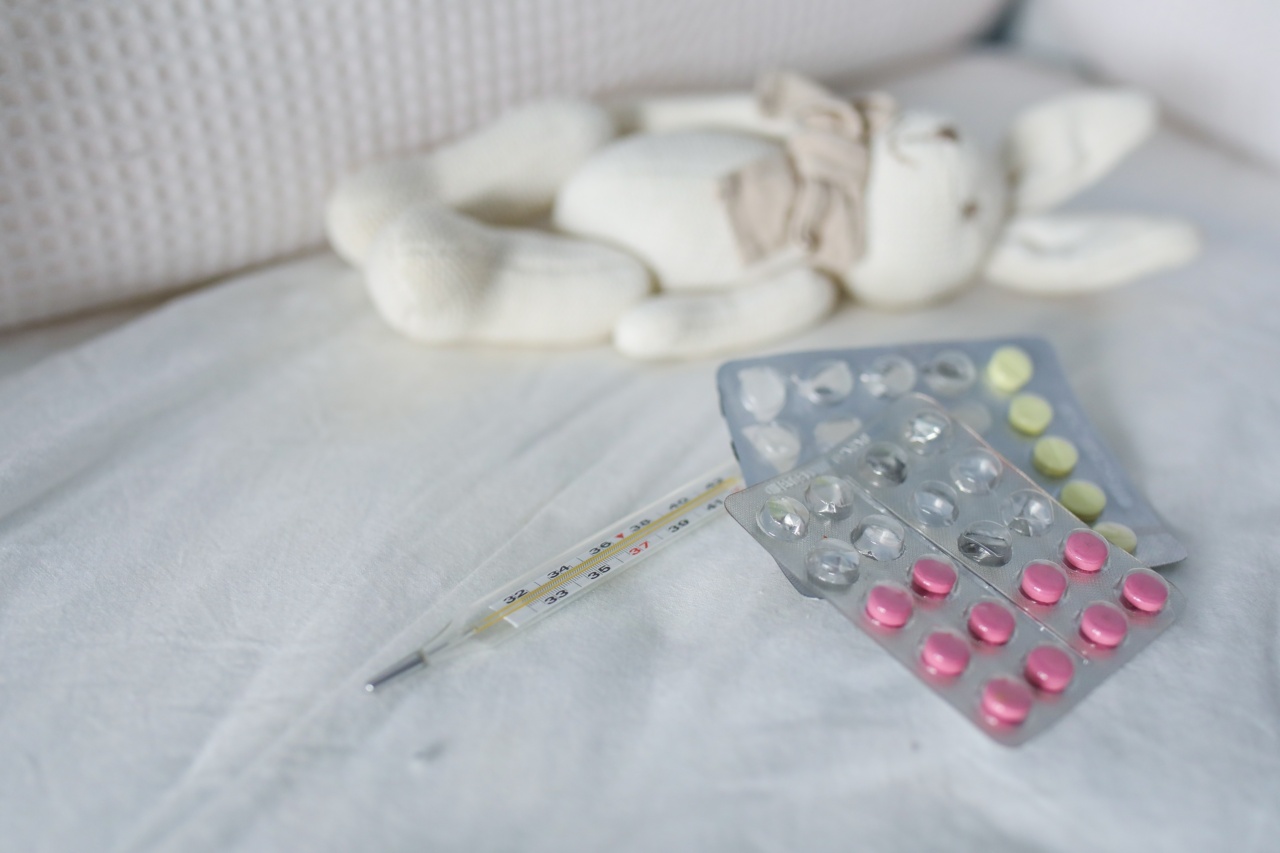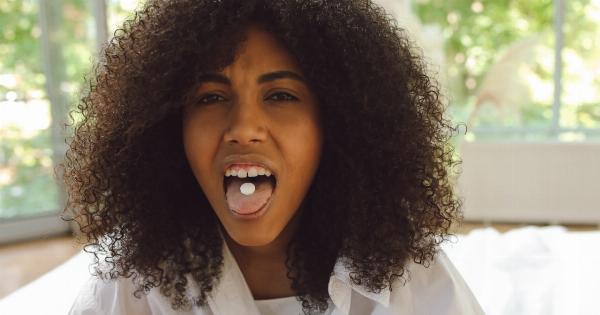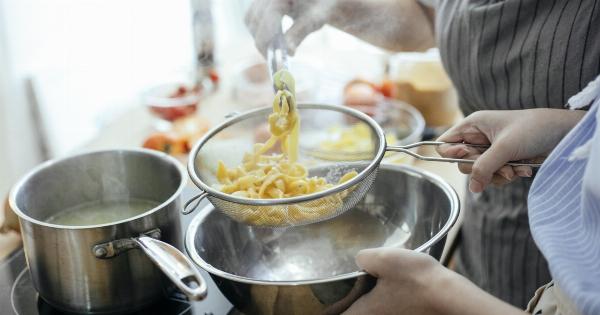Coughing is one of the most common health issues that children face in their early years. It may be a result of a viral or bacterial infection, allergies or asthma, acid reflux, or other illnesses.
The cough can be dry or wet and can last for several weeks, causing difficulty in sleeping, eating, and overall discomfort. But, as a parent, you can help your child get relief from coughing by following some simple steps and treatments. Here, we will discuss the effective treatments for childhood coughing.
1. Hydration
One of the most important things to do when your child is coughing is to keep him/her hydrated. Drinking plenty of fluids, such as water, juice, or soup, helps to thin the mucus in the respiratory tract and make it easier to cough up.
Also, humidifying the air in the room where your child spends most of his/her time can help to loosen the phlegm and soothe the irritated airways. You can use a humidifier or a vaporizer to add moisture to the air.
2. Honey
Honey is a natural cough suppressant that can help to calm the cough and reduce the inflammation in the throat. You can give a teaspoon of honey to your child before bedtime to help him/her sleep better.
However, do not give honey to children under one year of age, as it may cause botulism, a rare but serious type of food poisoning.
3. Saline Nasal Drops
If your child has a stuffy nose along with coughing, you can use saline nasal drops to moisten and clear the nasal passages. Saline drops can also help to reduce the irritation in the throat and decrease the frequency of coughing.
You can use them several times a day, as needed.
4. Over-the-Counter Medications
There are several over-the-counter cough and cold medications that can help to relieve the symptoms of coughing, such as cough suppressants, decongestants, and expectorants.
However, these medications should only be used under the advice of a doctor, as they may cause side effects, such as drowsiness, dizziness, or stomach upset.
5. Steam Inhalation
Steam inhalation can help to loosen the mucus in the respiratory tract and ease the coughing. You can add a few drops of eucalyptus oil or peppermint oil to a bowl of hot water and let your child inhale the steam under a towel or blanket.
However, be careful not to let your child get too close to the hot water and supervise him/her at all times.
6. Rest
Rest is essential for your child’s recovery from coughing. Make sure your child gets enough sleep and takes breaks from physical activities to conserve energy.
Also, keep your child away from smoke, dust, and other irritants that can aggravate the cough and make it worse.
7. Antibiotics
If your child’s cough is caused by a bacterial infection, such as strep throat or pneumonia, your doctor may prescribe antibiotics to treat the underlying condition.
However, antibiotics are not effective against viral infections, such as the common cold or flu, and should not be used unnecessarily, as they may contribute to antibiotic resistance and other health problems.
8. Asthma Medications
If your child has asthma and coughing is one of the symptoms, your doctor may recommend asthma medications, such as inhalers or nebulizers, to control the inflammation and open up the airways.
These medications should be used regularly as prescribed, even if your child is not experiencing any symptoms.
9. Allergy Medications
If your child has allergies that are causing the coughing, such as seasonal allergies or allergic rhinitis, your doctor may recommend allergy medications, such as antihistamines or nasal corticosteroids, to relieve the symptoms.
These medications should be used as directed by the doctor and may take several days to weeks to show their full effect.
10. Consult a Doctor
If your child’s coughing persists for more than a week, is severe or accompanied by other symptoms, such as fever, wheezing, or difficulty breathing, or if you are unsure about the cause and treatment of the cough, you should consult a doctor.
A healthcare professional can diagnose the underlying condition and recommend appropriate treatment.
Conclusion
Childhood coughing can be distressing for both the child and the parent. However, by following the effective treatments discussed above, you can help your child get relief from coughing and promote his/her recovery.
Remember to keep your child hydrated, use honey, saline nasal drops, and steam inhalation, provide rest and avoid irritants, and seek medical advice when necessary.




























